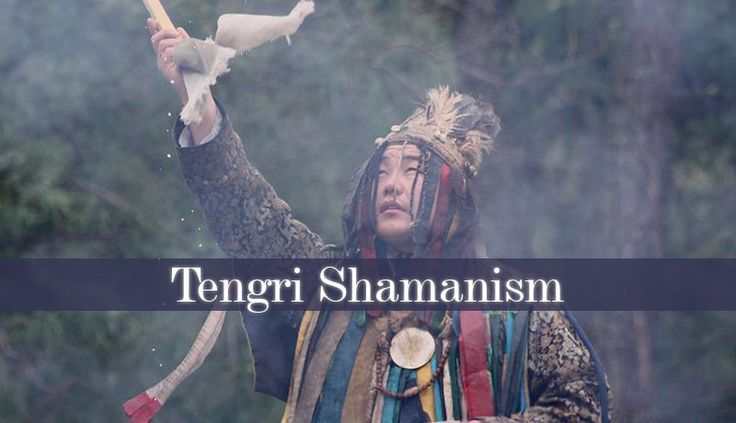In exploring the Bahá’í teachings, one finds a compelling focus on the concept of spiritual knowledge expressed in deeds. This manifestation of knowledge transcends mere philosophical reflection; it is an imperative demand for action that fosters a vibrant community and cultivates individual souls. This article elucidates the understanding of spiritual knowledge in Bahá’í doctrine, delving into its practical implications, its relationship with action and character, and the transformative power it holds to shift personal and collective perspectives.
To begin, it is essential to define spiritual knowledge within the context of Bahá’í teachings. Spiritual knowledge is not an esoteric understanding limited to a select few; rather, it is a dynamic and expansive journey toward realizing one’s connection to the divine and to humanity. Bahá’ís posit that true knowledge is inherent in divine revelation, which serves as a guiding light for individuals seeking clarity in their lives.
The Bahá’í faith teaches that knowledge must culminate in action. This principle is articulated by ‘Abdu’l-Bahá, who emphasized that “The first step in faith is knowledge, and the second step is action.” Thus, spiritual knowledge demands a pivotal shift from mere intellectual comprehension to active engagement with the world. This praxis hinges on a comprehension that transcends surface-level understanding; it necessitates a profound commitment to enact the principles of love, unity, and service in everyday life.
One might ponder the vital question: how does spiritual knowledge manifest in deeds? The Bahá’í teachings underscore multiple avenues through which individuals can express their spiritual understanding. Generosity, kindness, and justice are paramount in demonstrating the application of knowledge. For instance, serving the marginalized in society is not simply an act of altruism; it is an embodiment of the spiritual insight that recognizes the inherent worth of every human being. Such deeds, grounded in spiritual understanding, contribute to the creation of an equitable and harmonious society, which is a cornerstone of Bahá’í ideals.
Moreover, the interconnection of knowledge and action in the Bahá’í faith is demonstrated through the practice of consultation. This collective decision-making process embodies both the acquisition of knowledge and the implementation of action. By engaging in constructive dialogue, Bahá’ís believe that individuals can harness collective insights, encouraging an inclusive approach that honors diverse perspectives while pursuing a shared vision of service to humanity. This not only fosters community but also propels individuals toward greater personal enlightenment as they navigate the complexity of differing opinions with grace and understanding.
Spiritual knowledge also invites a recognition of the profound responsibility each individual bears as a steward of divine principles. The teachings emphasize that knowledge corresponding to action can lead to the flourishing of both the individual and society. This results in establishing a culture that values ethical living, where actions reflect the virtues learned through spiritual inquiry. Individuals are, thus, challenged to evaluate their conduct continuously, ensuring that their deeds resonate with their spiritual understanding.
As individuals embrace this doctrine of knowledge and action, they may experience a substantial shift in perspective. Unquestionably, the daily choices made in their personal and communal lives can expand in significance, leading to a deeper engagement with both self and society. This shift can inspire curiosity about how one might further manifest their spiritual insights. It encourages questions such as, “How can I act with integrity in my professional life?” or “What can I do to promote social justice in my community?” These inquiries invite individuals to explore new avenues of action that align with their understood principles.
The interplay between spiritual knowledge and actions also evokes a transformative power that transcends the individual. To put it succinctly, every act of kindness, justice, or empathy resonates within a larger framework, fostering a collective spiritual awakening. Such actions are not isolated; they ripple through communities, serving as a catalyst for social change. The Bahá’í teachings inspire followers to recognize that the path to personal salvation is intertwined with global impacts. The idea that “the earth is but one country, and mankind its citizens” reinforces the necessity of social responsibility.
Furthermore, spiritual knowledge expressed in deeds holds the potential to inspire others. An individual who consciously embodies Bahá’í principles can evoke curiosity in those around them, prompting questions and reflections that may lead others to consider the virtues that underpin the faith. For instance, witnessing compassionate actions may encourage others to engage in their philanthropic pursuits, thus creating a chain reaction of goodwill.
The implications of this principle echo throughout history, as the teachings advocate for progressive movements that champion equality, justice, and peace. The concerted efforts of Bahá’ís worldwide reflect an unwavering commitment to applying spiritual knowledge through dedicated deeds that strive for a just and united society. As they work collaboratively toward these ideals, they simultaneously reaffirm the intrinsic connection between belief and behavior, illustrating that through action, spiritual understanding flourishes.
In conclusion, the Bahá’í perspective on spiritual knowledge expressed in deeds impresses upon us a vital narrative of transformation and responsibility. It calls us to engage with both the self and the community actively, challenging the tendency to remain passive observers of the world. With each act that resonates with our spiritual understanding, we contribute not just to our enlightenment, but to a legacy of collective elevation. Thus, in recognizing the profound implications of this principle, one can embark on an enriching journey characterized by meaningful action and enduring impact.
